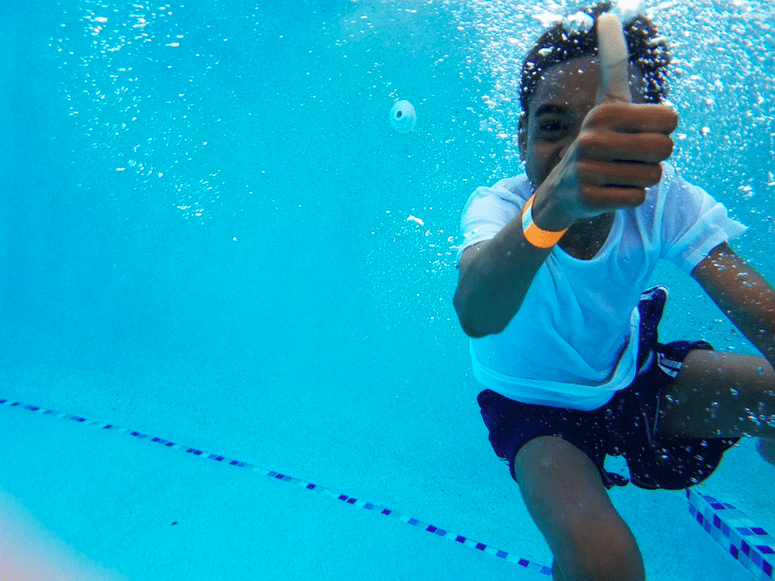The end of the school year is rapidly approaching (if you’ve not yet already reached it!) and summer is right around the corner. You’ve done your research and have found what you believe to be the best possible camp for your child. You’ve completed all the registration forms, filled out the medication lists, purchased the sunscreen and bug spray…but how do you ensure your child has the best possible experience at camp?
According to Connie Coutellier of the American Camping Association, childrens’ greatest concerns as they anticipate summer camp are often related to fears about making new friends, coping away from mom and dad, and feeling pressure to perform new and unfamiliar activities. Here are some tips to help address these common concerns and to help emotionally prepare your child, so that camp can be a rewarding experience.
- Talk with your child.
Don’t make assumptions! Ask your child what it is that they are looking forward to about camp, and hear from them what they are nervous about. As they anticipate meeting new people and doing new things, talk with them about some of their successes over the past year, and how they might carry those skills over into summer camp. Communicate confidence in your child’s ability to handle situations away from home.
- Practice and prepare.
Review the camp’s website and/or brochure to help familiarize your child with the camp – What does it look like? What is the daily routine? If your child will be going to sleep-away camp for the first time, practice having some time apart to make the transition easier. Consider allowing your child to attend sleepovers. Teach your child practical skills, like what to do with clothes and toiletries, by explaining how to separate dirty and wet clothing from clean clothes, or how to keep toiletries neat in a shower caddy.
- Be aware of separation anxiety.
Separation anxiety can be normal. Don’t be too alarmed if your child becomes sad or upset when it is time to say goodbye. Do your best to remain calm, remembering that you are the source of your child’s emotional support. It’s best to not tell your child how much you will miss them but would be better to say, “We’re excited for you and all that you’ll get to do.” Separating can often be just as difficult for parents as kids, so wear sunglasses if need be!
- Create a communication plan.
Learn in advance what the camp’s communication policy is. Some places discourage phone calls, and others allow for communication only at certain times of the day. Prepare your child for how they might or might not be able to check in with you. Also consider writing a letter and putting it with your child’s belongings, or sending something in advance to the camp that will be there when they arrive. This can even serve as a transitional object.
- Have realistic expectations.
Dr. Bruce Muchnick, a licensed psychologist that works extensively with day and overnight camps, advises parents to remind children that summer camp is like real life – there will be some highs and some lows. Some things at camp will be really fun and enjoyable, while other activities may be more challenging. Just because something does not go well, does not mean that all of camp will be bad! Discuss potential ups and downs that your child may experience at camp.
The main purpose of summer camp is to relax and have fun. According to Dr. Muchnick, summer camp is a great opportunity for your child to “develop autonomy and a stronger sense of self, make new friends, develop new social skills, learn about teamwork, be creative, and more.” Following these tips will hopefully help to prepare your child (and you, the parent!) to have a positive summer camp experience.
Rebekah Jones, LPC

